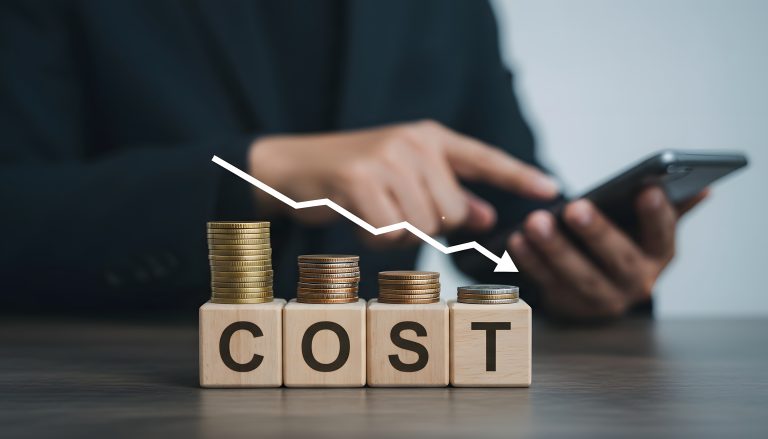Brazil is known for its diverse economy and significant role in global exports. The country exports various products, including soy, beef, poultry, iron ore, and Embraer aircraft. Key trading partners like China, the United States, and Argentina are vital for Brazil’s export success. Despite these achievements, Brazil faces challenges such as complex trade policies, infrastructure issues, and changing market conditions. Let’s look at Brazil’s export dynamics, opportunities, and challenges. It also looks at Brazil’s participation in trade agreements like Mercosur and BRICS for insights into its global trade future. Explore Brazil’s diverse export economy, from agriculture and mining to aerospace and machinery, and understand how it impacts the global market.
In 2021, Brazilian agricultural exports, including unprocessed primary bulk and semi-processed commodities, reached a total value of $125 billion. Key agricultural exports driving this growth included soybeans and soybean meal, sugar, beef, poultry, corn, cotton, pork, coffee, and citrus, with soaring demand from China being a significant driver. The country’s role as the world’s second-largest producer of iron ore, as well as other minerals like niobium, bauxite, and gold, further contributes to its export prowess, with mining giant Vale being a global industry leader. In 2022, Brazil’s mineral exports were valued at nearly $42 billion, although this was a decrease from the previous year. Additionally, Brazil’s aerospace industry made its mark, with $2.61 billion in exports of planes, helicopters, and spacecraft in 2021, making it the 8th largest exporter in the world for this category. This diverse export landscape in agriculture, mining, and aerospace continues to shape Brazil’s role in the global trade arena.
Brazilian exports destinations have witnessed significant changes, with China standing out as the largest recipient of Brazilian exports, accounting for a substantial $88.3 billion in trade. China’s demand for various goods, including agricultural products, minerals, and manufactured items, has fueled substantial export growth for Brazil. The United States remains a historically significant trade partner, particularly in high-tech industries, with trade worth $30.2 billion. Argentina, a neighboring country and fellow Mercosur member, maintains a close trade relationship with Brazil, with $12 billion in trade. This diversification in export destinations reflects Brazil’s strategy to reduce its reliance on a limited number of trading partners, contributing to the country’s dynamic and resilient export landscape.
Brazil’s business environment poses several formidable challenges. The nation’s bureaucratic procedures are notoriously intricate, requiring a multitude of legal steps and causing significant delays. This complexity often necessitates the hiring of lawyers, accountants, and forwarding agents, which increases the cost and time required to start a business. The tax system is not only relatively high but also ranked among the world’s most complex, with regional tax conflicts and rigorous enforcement adding to the intricacies. Infrastructure development historically prioritized raw material exports over internal connectivity, leading to underdeveloped roads and transportation networks, causing delays and traffic jams that hinder business activities. A language barrier exists due to limited English proficiency, and cultural differences, such as Brazil’s more relaxed approach to time-keeping and aversion to confrontations, can pose challenges for those accustomed to stricter schedules and direct communication.
However, amidst these challenges, Brazil offers numerous opportunities. The country demonstrates political stability and a robust growth ambition, making it an attractive destination for business investments. Brazilian business culture aligns well with that of European economies, fostering trade and collaboration. Brazil’s strategic location, home to Latin America’s largest port, positions it as a pivotal gateway to the continent, enhancing trade prospects. The nation boasts a skilled and adaptable labor force that tends to be friendly and optimistic, contributing to business success. Furthermore, Brazil is open to foreign investment and actively negotiating trade agreements, presenting a positive outlook for foreign businesses. To succeed in this potentially lucrative market, businesses must adopt a flexible, patient, and persistent approach, investing in personal relationships and committing to the long term while navigating the bureaucratic hurdles that characterize Brazil’s business landscape.
Brazil is deeply entrenched in various trade agreements and organizations, significantly shaping its global trade strategy. As a member of Mercosur, a South American regional trading bloc, Brazil is actively involved in the creation and harmonization of standards within the region. Technical committees develop and recommend standards, which are then ratified by each member country. These standards help streamline trade processes and foster economic cooperation within the Mercosur area. Additionally, Brazil, as part of Mercosur, is engaged in negotiations for Free Trade Agreements (FTAs), such as the one with the European Union, which, when approved by respective congressional bodies, holds the potential to significantly impact international trade.
Furthermore, Brazil’s involvement in BRICS, a collaborative organization consisting of Brazil, Russia, India, China, and South Africa, underscores its global aspirations. BRICS seeks to enhance economic cooperation among its member nations and bolster their economic and political influence on the global stage. These collaborations not only expand market access for Brazilian products but also influence trade policy decisions, underscoring the pivotal role of trade agreements and organizations in Brazil’s export strategy.
Discover the right Brazilian supplier for your needs at Hi-Fella, an online platform where suppliers and buyers meet from around the world. Connect with trusted suppliers in Brazil by venturing at Hi-Fella website, downloading Hi-Fella app on Play Store or App Store, and signing up for an account. Find the perfect match for your business today!








